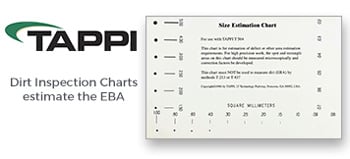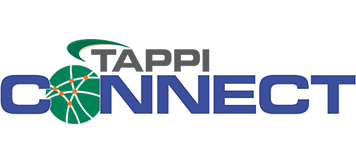Enhancing Process Stability Through Efficient Water Management: Methodology, 23TAPPICon
This work highlights the importance of addressing the water quality, not only to reduce use of chemistry and improving drainage, but to improve the stability of the production with less downtime and reduced inherent variability. The impact of water quality on high frequency variability has been demonstrated on a pilot paper machine and even a small change in water quality (compared to industrial conditions) affected the variance by 10%. An affordable laboratory methodology is proposed for evaluating suitable white-water treatment and their impact on flocculation and drainage. An application case is presented for a printing grade mill with the outcome that membrane filtration would improve water quality the most. It would reduce the required flocculant dosage, improve floc resilience and improve drainage. In comparison with wastewater treatments, white-water that is circulated with in the mill only need to be cleaned to a limited degree required to obtain an optimal (cost-efficient) impact on the process. Techno economic evaluation is recommended that balance savings in chemistry and energy at the paper machine with investments and energy needs for water treatments in the short term and includes profits that may be utilised from improved stability and reduced variability in the long term.
TAPPI
conference proceedings and presentations, technical papers, and publication articles provide technical and management data and solutions on topics covering the Pulp, Paper, Tissue, Corrugated Packaging, Flexible Packaging, Nanotechnology and Converting Industries.
Simply select the quantity, add to your cart and your conference paper, presentation or article will be available for immediate download.





